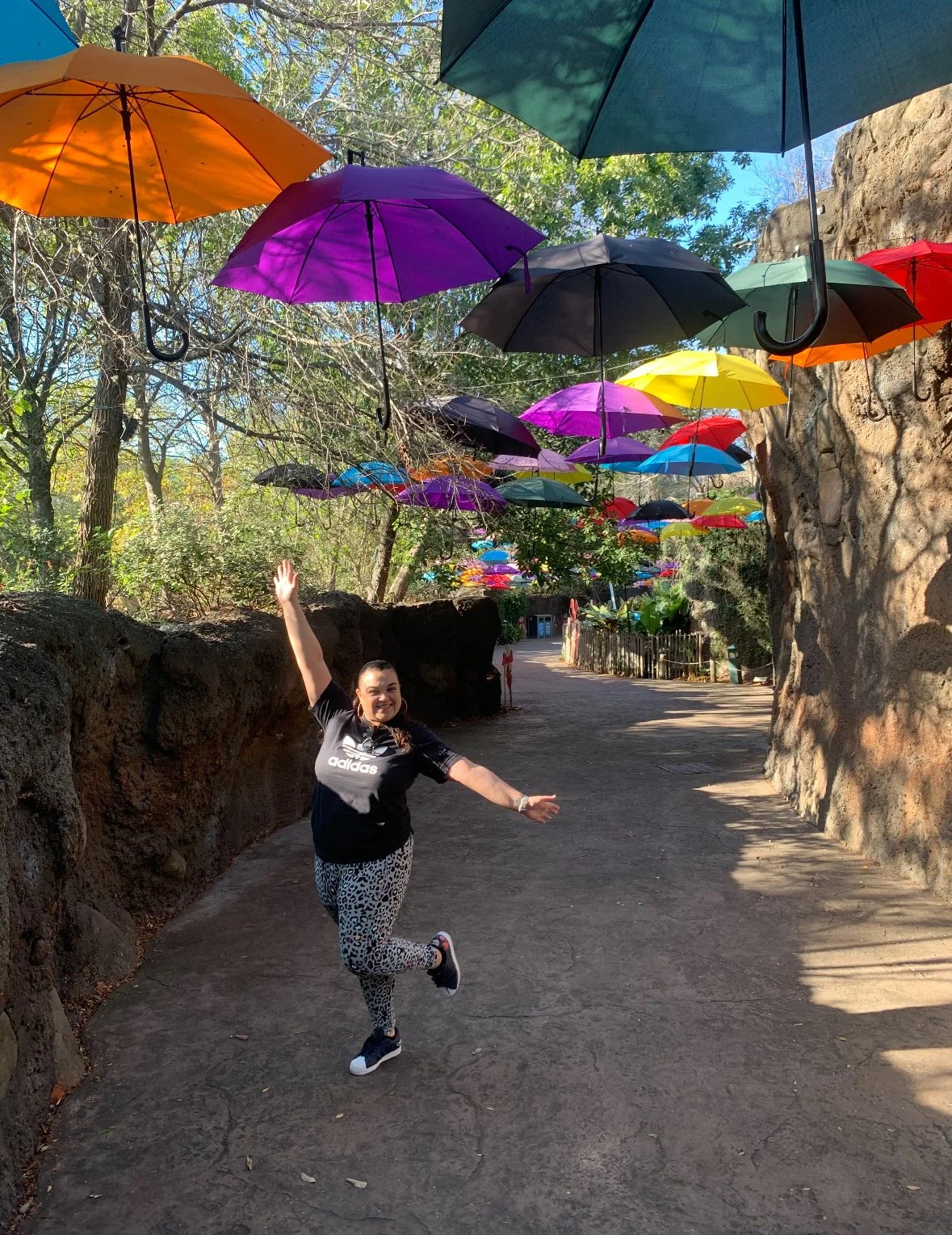
The No Sabo Therapist: Navigating Cultural Complexities
What is a “No Sabo Kid”?
The term “No Sabo Kid” is a phrase often used within the Latino community to describe individuals—typically U.S.-born—who struggle to speak fluent Spanish despite having Latin American heritage. The phrase comes from a common grammatical error where someone says “no sabo” instead of the correct “no sé” (meaning “I don’t know” in Spanish).
While sometimes used humorously, being a “no sabo kid” can reflect deeper experiences of cultural identity, belonging, and the complexities of navigating two worlds—especially when language expectations don’t match lived experience.
In embracing the term, many are reclaiming their cultural identity in ways that are authentic, nuanced, and inclusive of all parts of themselves—fluent or not.
Cultural Connection Beyond Fluency
I come from a multicultural home—my father is Mexican, and my mother is American. Growing up, my connection to my roots was strong in many ways, but one piece was missing: the language.
Like many families of earlier generations, mine made the decision not to pass down Spanish to the next. For them, it was an act of protection—an attempt to shield their children from the discrimination and hardship they had witnessed. But that decision, though made with care, left its mark. I grew up visibly Latina, with a name that carried deep cultural meaning, but without the language that so often connects us to our roots.
That decision shaped how I came to understand my own cultural identity. I often felt like I was “not enough”—not Latina enough, not American enough. I looked the part, I carried the name, but I didn’t have the words. That’s what makes me, in many ways, a “No Sabo Kid.”
This experience isn’t uncommon. Research shows that by the third generation, many immigrant families lose fluency in their heritage language—a sociolinguistic pattern known as the “three-generation language shift.” While this reflects broader trends in cultural assimilation, it also carries a deeply personal weight. For many of us, losing the language can feel like losing a piece of ourselves—our history, our connection, our sense of belonging.
As a therapist and a “No Sabo Kid” myself, I hold space for that complexity. I work with individuals who carry generational stories, silent sacrifices, and the emotional nuances of being caught between cultures. Whether you’re reconnecting with your roots, grieving a cultural loss, or simply trying to understand where you fit—I see you. Because I’ve lived it too. And in this space, all parts of your identity are honored.
You don’t need to speak a certain language, know all the traditions, or trace every part of your cultural history to begin healing. Whether you were adopted into a different culture, grew up disconnected from your heritage, or are simply questioning what identity means for you—your story is valid.
This is a space for those who live in the in-between. For those who carry quiet questions, cultural grief, or a desire to feel more rooted in who they are.
Therapy can be a place to gently explore that journey—to reclaim what feels lost, to define what belonging means to you, and to connect with your culture in a way that is personal, empowering, and whole. You are already enough, just as you are. And we’ll start from there.

